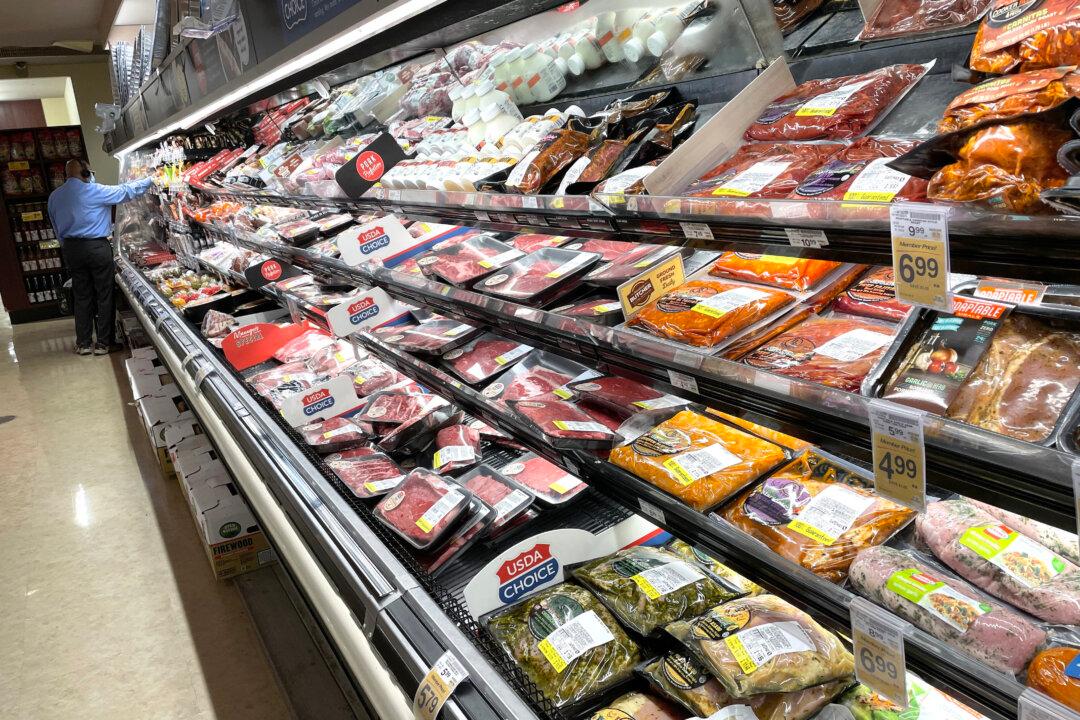U.S. consumer prices in September accelerated at their fastest annual rate in 13 years amid a spike in energy prices and supply chain disruptions, according to figures released by the Department of Labor on Wednesday.
Data released by the agency shows the consumer price index, which measures what consumers pay for goods and services and serves as a key tracker of inflation, rose about 0.4 percent in September from August, coming after it rose 0.3 percent in August from July.





